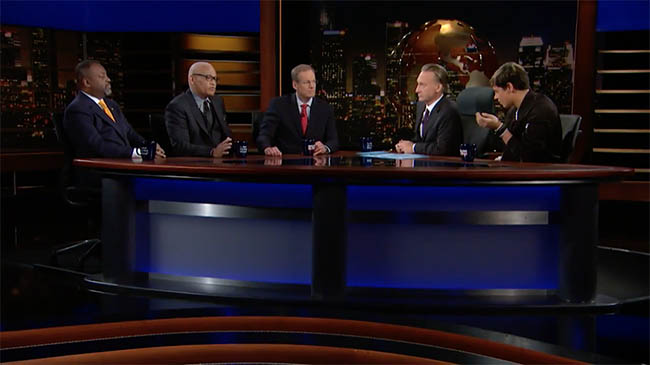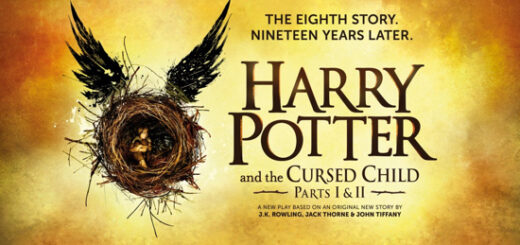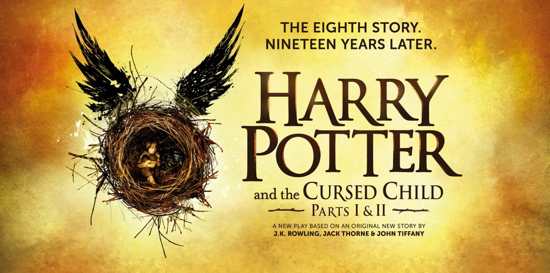Martha Thomases: Pedophilia Means What?
Once again, we seem to be having the problem of defining what we mean when we use the terms “free speech,” “censorship” and “political correctness.” The problem is embodied by alt-right critic, Milo Yiannopoulos. My pal, Mindy Newell, alluded to it here. Since she wrote that, there have been some new wrinkles to the story.
Mr. Yiannopoulos is the latest in a long line of bitchy queens. This homophobic stereotype is one of my favorites, and has been since before I knew what homosexuality was. Paul Lynde was my first exposure. Later, I would enjoy the (now terribly dated) film The Boys in the Band, feeling really daring and bold to attend such a movie in 1970 Youngstown Ohio. By the time I actually met out-of-the-closet queer people, I was predisposed to think them all brilliant… which, I think, is a form of homophobia, but more well-intentioned than most.
Milo takes the bitchy queen stereotype to its logical, self-loathing conclusion. He makes incredibly gross racist and misogynistic statements, and then, like Ann Coulter before him, insists he is only kidding. His attacks on Leslie Jones incited his fans to barrage her with racist insults and even death threats on Twitter, and he insisted he couldn’t be racist because he has a black boyfriend.
At least since Howard Stern (and certainly well before him), straight white men have insulted people who are not straight white men and then screamed about censorship when some of us didn’t like it. They claim to be the inheritors of Lenny Bruce and George Carlin, although unlike those heroes, they tend to make fun of the powerless and not the powerful. If you find Stern and his ilk funny, I’m happy for you. We need more laughter. I just don’t think it takes courage to piss on poor people.
Yiannopoulos is the queer variation of this type. With Breitbart News, he found a home that indulged him in his bigotry. He used his platform to build a fan-base. And he used his fan-base to build an outrage machine.
This reached its peak when a group of college students rioted outside a hall where Yiannopoulos was scheduled to speak. For public safety reasons, the college canceled the event. A martyr was born.
There are very few people in this world as insufferable as a newly radicalized college student. I know — I’ve been one. I set an impossibly high standard for political purity, and angrily castigated anything that didn’t measure up. I would not compromise with anyone no matter what the reason, because any compromise would be a betrayal of my pristine ideals. And if you didn’t share my ideals in exactly the same level of intensity and with the same priorities, you were part of the problem.
I don’t think I’m such a purist anymore, although some might still find me to be insufferable. I don’t regret it. Being passionate about my issues not only gave me a sense of purpose, but also a way to understand, in time, people who felt strongly about different things. I wouldn’t be the person I am today if I had not been that person in college.
If the 1975 version of Milo had been invited to speak on my campus, I would have demonstrated against him.
However, I wouldn’t have rioted. I’m non-violent. In general, I’m against the destruction of property. There are times when I think it can be worth it — pouring blood on draft files, for example. However, in this case, and so many others, rioting only succeeded in making Milo a martyr. Rolling Stone’s Matt Taibbi nailed it here when he said “A favored tactic is to direct his audiences toward some overemotional sap who has made the mistake of calling for him to be banned, at which point he triumphantly declares himself a champion of liberty, and his enemies censors and authoritarians.”
Our Tweeter-in-Chief backed up Milo, threatening to cut off federal funds to the university. Milo got a book deal from Simon & Schuster. Milo was everywhere on television. He was scheduled to speak the keynote address at CPAC, the conservative political action committee.
This didn’t happen in a vacuum. Roxane Gay pulled her book from S&S in protest. People debated about whether it was effective to boycott the publisher or if this might end up hurting authors more than a corporation.
Friday, as Mindy noted, Milo was on Real Time with Bill Maher on HBO. To his credit, Maher includes a lot of conservatives on his talk show. Unfortunately, when he does, he often lets them run the conversation, perhaps because he doesn’t want to seem to be rude to them. In the Overtime segment (presented online), Milo again took over, this time insisting that Leslie Jones is illiterate, that people who disagree with him are stupid, yada yada yada.
Luckily, comedian/writer/producer Larry Wilmore was there to show him how a real adult argues. Watch the clip. It’s brilliant.
I miss seeing Larry Wilmore on my television every day. Please, someone, bring him back.
Over the weekend, a conservative group found videotape of Milo talking about how great it was to have sex with 13-year old boys, especially for the boys. He stated “…there are certainly people who are capable of giving consent at a younger age. I certainly consider myself to be one of them… Pedophilia is not a sexual attraction to somebody 13 years old, who is sexually mature. Pedophilia is attraction to children who have not reached puberty. Pedophilia is attraction to people who don’t have functioning sex organs yet who have not gone through puberty.”
This was the last straw, or the smoking gun, for some of those who hired him. Simon & Schuster cancelled his book contract. CPAC cancelled his speaking gig.
Milo says his words were taken out of context. Milo says that he was making a joke. Milo says that he is being censored. But here’s the thing: No one is entitled to book contracts. No one is entitled to speaking gigs. If you write a book and it gets published, you are not entitled to talk-show appearances.
As Roxane Gay said, “This is yet another example of how we are afforded the freedom of speech but there is no freedom from the consequences of what we say.”














